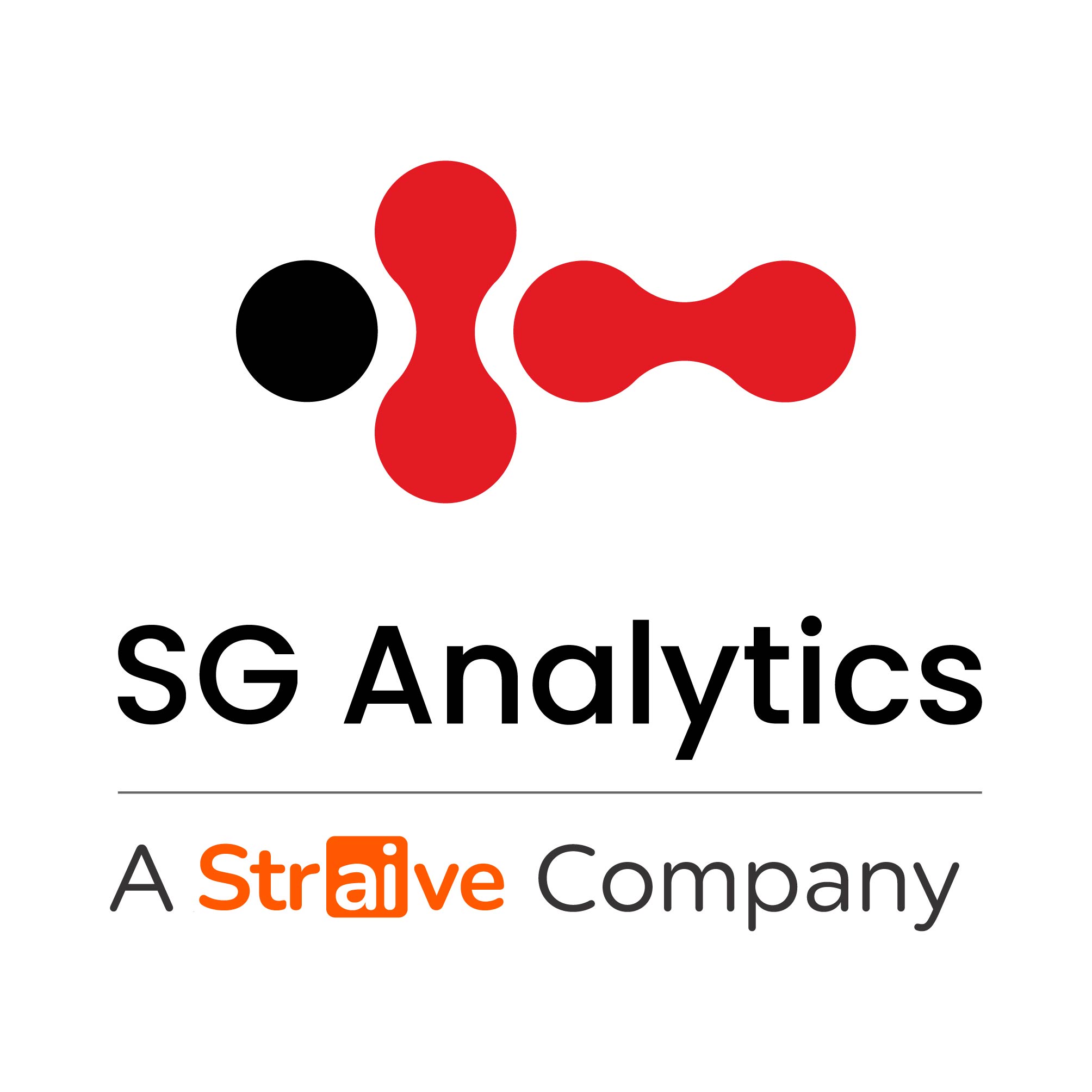The COVID-19 pandemic rocked the world economy, giving rise to new challenges. The impact of the pandemic was felt deeply by the supply chain industry leading to disruptions.
2020 proved to be a distinctive year for the sustainability movement. New regulations compelled enterprises to scrutinize procurement from a sustainability perspective. But today, many companies are struggling to transform their understanding of sustainability into their vision or strategy.
The new decade is experiencing the rise of ambitious sustainability goals. Supply chains with sustainability labels are receiving increased traction. Customers are voicing their support for organizations following ethical work practices and security for the frontline supply chain. The collective confidence of policymakers, investors, and consumers is enabling supply chain organizations to drive sustainability initiatives to regulate their outcomes.
After this slump, sustainable procurement is back on the radar. It is gaining momentum and becoming a priority in enterprise strategic agendas. With the crisis dampening the growing enthusiasm, supply chains are exploring new avenues and moving towards investing in sustainable procurement practices.
Tackling the Growing Pressure and Rising Opportunities
Today, stakeholders and investors are demanding more sustainable policies from companies or are building new standards for sustainable business practices. With consumers adding to the pressure point, companies are no longer seeing the building and marketing of sustainable products as an alternative.
The initiatives are leading consumer-goods companies to evaluate their practices and policies to address sustainability seriously. Almost all of them are setting ambitious targets in diverse domains ranging from emissions mitigation and recycling to sustainable procurement.

Implementing Sustainability Goals
An organization’s sustainable development goals offer a comprehensive framework to create a better future for the supply chain. These goals are enabling businesses to make a significant impact on the achievement of sustainable goals that aren’t just good for their business but also for humanity.
The consumer-goods industry is facing a massive environmental challenge. A typical consumer-goods company’s supply chain generates greater environmental costs:
- It is responsible for more than 80% of greenhouse gas emissions.
- It impacts more than 90 percent of air, water, land, biodiversity, and geological resources.
With prosperity and consumption continuing to grow in the coming years, a fundamental change is required. These influences, coupled with the uncertainty of the COVID-19 pandemic, have given rise to the need to shape a sustainable economy. Consumer-goods supply chain organizations are setting ambitious sustainability targets.
Effectively enforcing the sustainability goals is an all-encompassing challenge and often signifies change for both the product portfolio and the organization.
Given the dynamic scope involved, it is not enough to launch initiatives and hope for them to succeed. Instead, organizations must see sustainability for what it is: a transformative approach to operations spanning the entire supply chain. Four elements are crucial in this sustainability approach:
- Setting the right target level
- Planning the transformation and materializing the framework.
- Securing and tracking implementation
- Creating transparency
However, changes are needed along the entire value chain that follows a concrete road map to reach those targets.
Towards Green Procurement— Employing Tech to make a difference
While 2021 added a greater momentum to sustainability targets, 2022 and beyond will likely bring more investments in green procurement. With pressure from stakeholders on corporations to deliver on their sustainability agendas increasing to meet the demands, companies are increasing their supply chain transparency and providing disclosure of their procurement practices.
As supply chain sustainability is gaining traction, more procurement professionals are rising to the occasion as sustainability champions. This is leading to creating more anti-fragile and greener supply chains. And this is where technology is helping to make a difference.
Technology is providing supply chain organizations with an opportunity to empower their sustainability agenda. Emerging tech, including AI, cloud, IoT, and robotics, is playing a crucial role in securing a sustainable supply chain. They are assisting with seamless data transfer, real-time supply visibility, and sustainability predictions.

Role of E-Procurement in Shaping an Organization’s ESG footprint
Enterprises are implementing technology to drive a sustainability revolution in procurement. It is helping companies to make a decisive distinction when it comes to sustainability. Procurement organizations are striving to increase productivity and efficiency to enable higher functional and cross-functional visibility.
E-Procurement supply chains rely on a seamless flow of information. Cloud and analytics-driven e-procurement is providing supply chain professionals with the right details at the right time. It also provides end-users with the liberty to request any service or item from the organizations’ catalogs. With advanced procurement management tools, enterprises can achieve their targets and do much more.
The procurement teams ensure that product catalogs are always updated with the relevant data on product components, sourcing methods employed, and green ratings. Enterprises digitalizing their supply chains with e-procurement applications can-
- Collect relevant supplier data
- Evaluate supplier performance
- Track development
- Manage and mitigate risk
E-procurement solutions are helping companies to streamline their procurement process and employ activities that enhance carbon footprint reduction, thus helping in environmental conservation.
Read more: Top Trends That Will Shape Investment Banking In 2022

Effective ESG Strategies for Supply Chain Procurement
ESG goals aren’t just good-to-have ideals for organizations anymore.
Environmental, social, and governance (ESG) best practices today sit at the heart of business strategy as more companies are responding to new expectations of policymakers, investors, consumers, governments, and employees.
Enterprises striving for continued growth through operational efficiencies are exploring new ESG policies to adhere to their organizational sustainability goals and COP26 declarations. Achieving sustainability enables businesses to build resilience.
However, for supply chain and procurement, enterprises are facing a complex network of priorities and expectations that can make sustainability a challenge due to the following factors:
- A fragmented landscape that limits collaboration with the supplier
- Lack of skills toward embedding ESG in procurement and supply chain
- Misaligned key performance indicators (KPIs) that overemphasize short-term results
- Low visibility and traceability across the supply chain on ESG
- Differences in regional ESG policies and priorities
Organizations that know and understand the need to make a truly positive impact are the true champions of sustainability. But the only concern that prevails is many organizations are unaware of how and where to start.
Read more: Improved Targeting, Sustainability, and Validity: Market Research Trends for 2022
Digital Sourcing to the Rescue
To drive sustainable procurement, companies are exploring avenues to create a healthy & strategic sourcing environment. Here, digital sourcing is the key factor. Digital sourcing helps companies create a network of suppliers with a strong focus on ESG, sustainability, and diversity. It is also enabling businesses to leverage cloud-based collaboration platforms to boost spending and work in accordance with multiple tiers of diverse suppliers to drive efficiency across supply chain planning and execution.
With digital sourcing, supply chain organizations can:
- Share data related to order quality & requirements, forecasts, and inventory with suppliers and capture their responses in real-time.
- Predict and manage supply assurance issues through collaborative dashboards that notify about the demand-supply gaps. ·
- Onboard suppliers seamlessly with suitable sustainability due diligence and approval.
In Conclusion
Today, thinking about tomorrow has less to do with an activity of excitement and more about trepidation. With the forecasts on climate change worsening, a need to employ preventive solutions is increasingly obvious. Major corporations in the supply chain are being looked at to embrace a more sustainable approach for a better future.
Environmental, social, and governance (ESG) is gaining the top priorities globally, alongside long-standing priorities such as revenue growth and talent retention. It’s high time for organizations to bring sustainability into this equation. Technology can be considered a boon for companies scrutinizing to create sustainable and resilient supply chains.
As a sustainability enabler, technology is enabling companies to leverage information, enforce ESG compliance through policymaking, and track their spending for visibility to drive sustainable outcomes. Sustainable procurement solutions help in driving value and building resilience in the supply chains.
Today, sustainability is not just an issue that can be left to a central unit; rather, it is a critical one that reaches deep into all functions of consumer-goods companies. Citizens, policymakers, investors, and new competitors are increasing the pressure to act on sustainability measures. However, the companies’ own sustainability ambition requires a structured and holistic approach to achieve their goals.
With offices in New York, San Francisco, Austin, Seattle, Toronto, London, Zurich, Pune, and Hyderabad, SG Analytics, a pioneer in Research and Analytics, offers tailor-made services to enterprises worldwide.
A leader in ESG Consulting, SG Analytics offers bespoke sustainability consulting services and research support for informed decision-making. Contact us today if you are in search of an efficient ESG integration and management solution provider to boost your sustainable performance.

